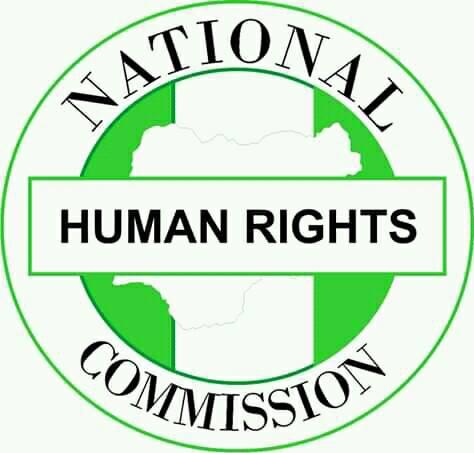Human rights in Nigeria are protected under the most current constitution of 1999. Nigeria has made major improvements in human rights under this constitution though the American Human Rights Report of 2012 notes areas where significant improvement is needed, which include: abuses by Boko Haram, killings by governmental forces, lack of social equality, and issues with freedom of speech. The Human Rights Watch’s 2015 World Report states that intensified violence by Boko Haram, restrictions of LGBTIQQ rights, and government corruption continues to undermine the status of human rights in Nigeria.
Read more about Helpful Little Articles
The National Human Rights Commission of Nigeria
The National Human Rights Commission of Nigeria (“the NHRC”) was established by the National Human Rights Commission (Amendment) Act, 1995, as amended by the NHRC Act, 2010. The Commission serves as an extra-judicial mechanism which safeguards the human rights of the Nigerian population. It monitors human rights in Nigeria, assists victims of human rights violations, and helps in the formulation of the Nigerian Government’s policies on human rights.
The Commission has been active in investigation and monitoring of numerous human rights situations since its founding. Amnesty International raised concerns about intimidation of the National Human Rights Commission by the Nigeria Police Force in 2012.
The Functions of the National Human Rights Commission of Nigeria
The following are the outlined functions of the National Human Rights Commission of Nigeria:
a. Promote and protect human rights;
b. Review the safeguard provided by or under any enactment for the protection of human rights;
c. Review the factors or difficulties that inhibit the enjoyment of human rights;
d. Submit to the Minister any opinion, recommendation, proposal or report on any matter concerning the promotion and protection of human rights;
e. Prepare reports on the national situation with regard to human rights in general, and on more specific matters;
f. Inform the Minister of situations of violation of human rights and advise on ways in which such situations can be ended;
g. Promote and ensure the harmonization of national legislation and practices with the international human rights instruments to which Mauritius is a party, and their effective implementation;
h. Encourage ratification or accession to the instruments referred to in paragraph (g), and ensure their implementation;
i. Contribute to the reports which Mauritius is required to submit to United Nations bodies and committees, and to regional institutions, pursuant to its treaty obligations and, where necessary, to express an opinion on the subject, with due respect for its independence;
Sign up to the Connect Nigeria daily newsletter
j. Cooperate with the United Nations and any other organization in the United Nations system, the regional institutions and the national institutions of other countries that are competent in the areas of the protection and promotion of human rights;
k. Assist in the formulation of programmes for the teaching of, and research into, human rights and take part in their execution in schools, universities and professional circles;
l. Publicize human rights and efforts to combat all forms of discrimination by increasing public awareness, especially through information and education and by making use of all press organs;
m. Exercise such other functions as it may consider to be conducive to the promotion and protection of human rights.
n. Carry out an enquiry as to whether a case where a person who believes that he has been unjustly convicted should not be reviewed by the Supreme Court
Human rights organizations and bodies
Below is a list of some human rights organizations and bodies in Nigeria:
- Constitutional Rights Project – founded in 1990 to promote rule of law in Nigeria.
- Nigerian Center for Human Rights and Development – founded in 1995 to promote democracy and enforcement of rights.
- Human Rights Monitor – founded in 1992 to promote human rights.
- Institute for Dispute Resolution – founded in 1999 to promote peaceful conflict resolution.
- Human Rights Law Services (Hurilaws) – established in 2007.
- Youths For Human Rights Protection And Transparency Initiative Street Priests Inc. – founded in 2014.
References
Nhrc.govmu
Wikipedia
Featured Image Source: National Human Rights Commission – Facebook
Got a suggestion? Contact us: editor at connectnigeria dot com

